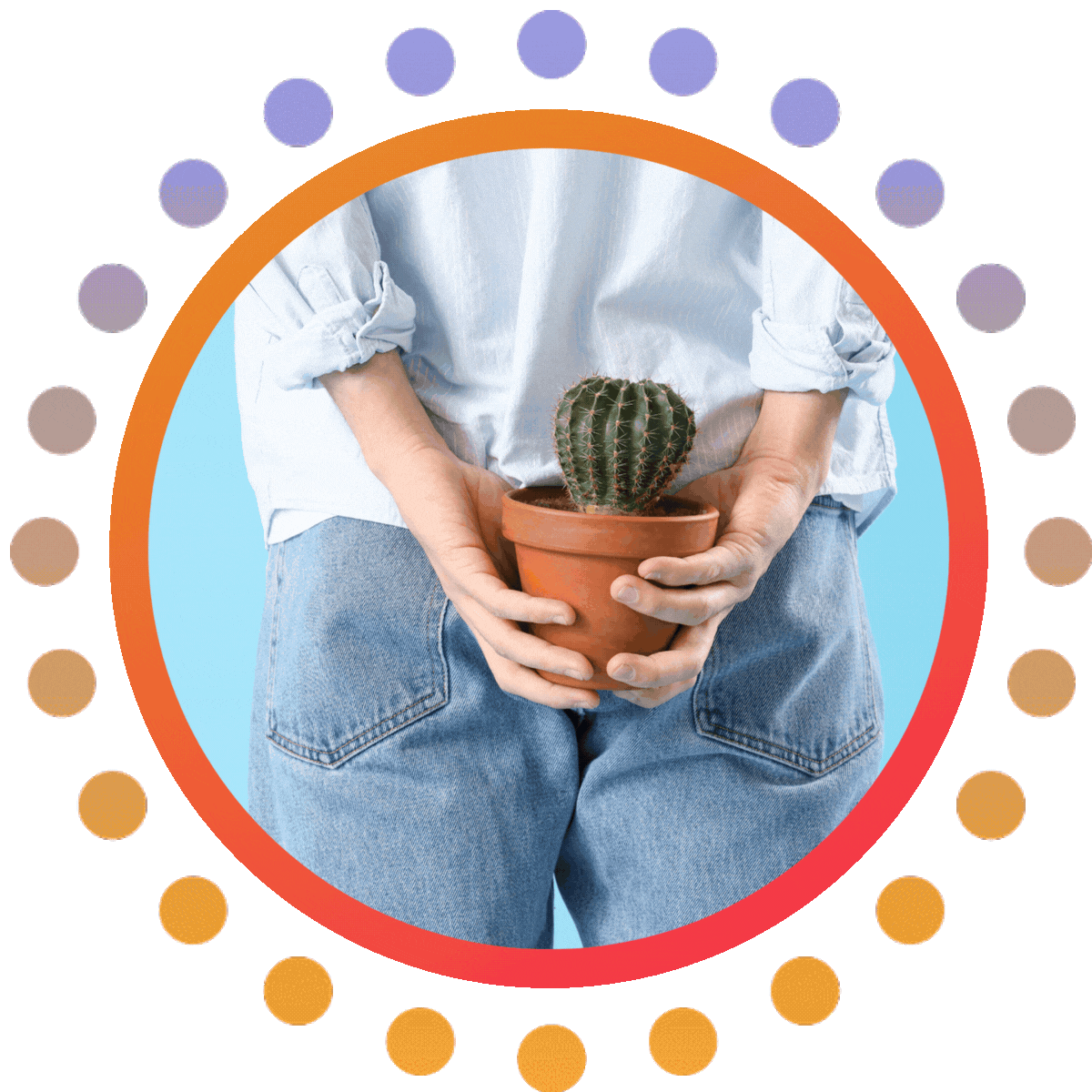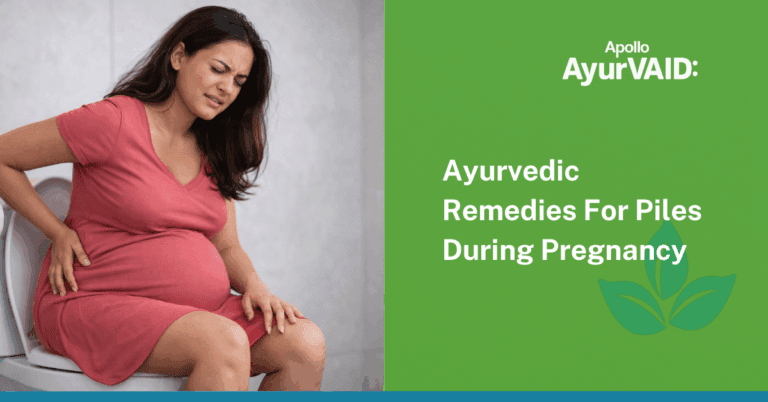
Web Stories
Step Into the Story: Explore Now
Anal fissures—small tears or cracks in the lining of the anus—can cause significant pain and discomfort during bowel movements. While conventional treatments often focus on symptom relief, Ayurveda offers a holistic approach that addresses the root causes by balancing the body’s energies (doshas) and promoting natural healing. Diet plays a vital role in managing and healing anal fissures in Ayurveda.
Following a specific diet is crucial for managing and healing anal fissures for several key reasons. One of the main causes of fissure-in-ano is hard stools. A diet high in fiber helps to soften stools, promoting regular bowel movements, making them easier to pass, and thus reducing the strain on the anal sphincter. Maintaining a healthy diet also helps prevent complications such as haemorrhoids, which can occur due to straining during bowel movements and further aggravate anal fissures. Certain foods can irritate the digestive system and worsen symptoms of an anal fissure. Anal fissure treatment at home often emphasizes these dietary modifications alongside other natural remedies to support healing and reduce discomfort. Dietary suggestions for those with anal fissures are given below:

Avoid: Non-vegetarian foods, Maida, bakery items, biscuits, chips, soft drinks, spicy fried food, pineapple, corn, caffeine, alcohol, and junk foods.
Reduce: Spices, pappad, pickles, palak.

Continue: High fibre foods for fissure (increasing fiber intake softens stool and promotes regular bowel movements), green vegetables, curry leaves, fenugreek seeds, cucumber, carrot, spinach, bottle gourd, torai, shallots, banana flower, suran (elephant yam), barley, oats, moringa leaves, ash gourd, amla, mango, orange, apple, watermelon, dry grapes soaked in water, banana, pear, soaked almonds, buttermilk with curry leaves, brown rice, moong dal, masoor dal.
Following these dietary recommendations can significantly alleviate the symptoms of anal fissures and promote healing, reducing the need for medical interventions and enhancing overall digestive health. A diet rich in anal fissure dietary fiber can help manage effectively by softening stools, making bowel movements easier, and reducing strain on the anal sphincter. Fissure ayurvedic treatment complements these dietary measures by using natural herbs and therapies to soothe inflammation, improve digestion, and support tissue healing.






